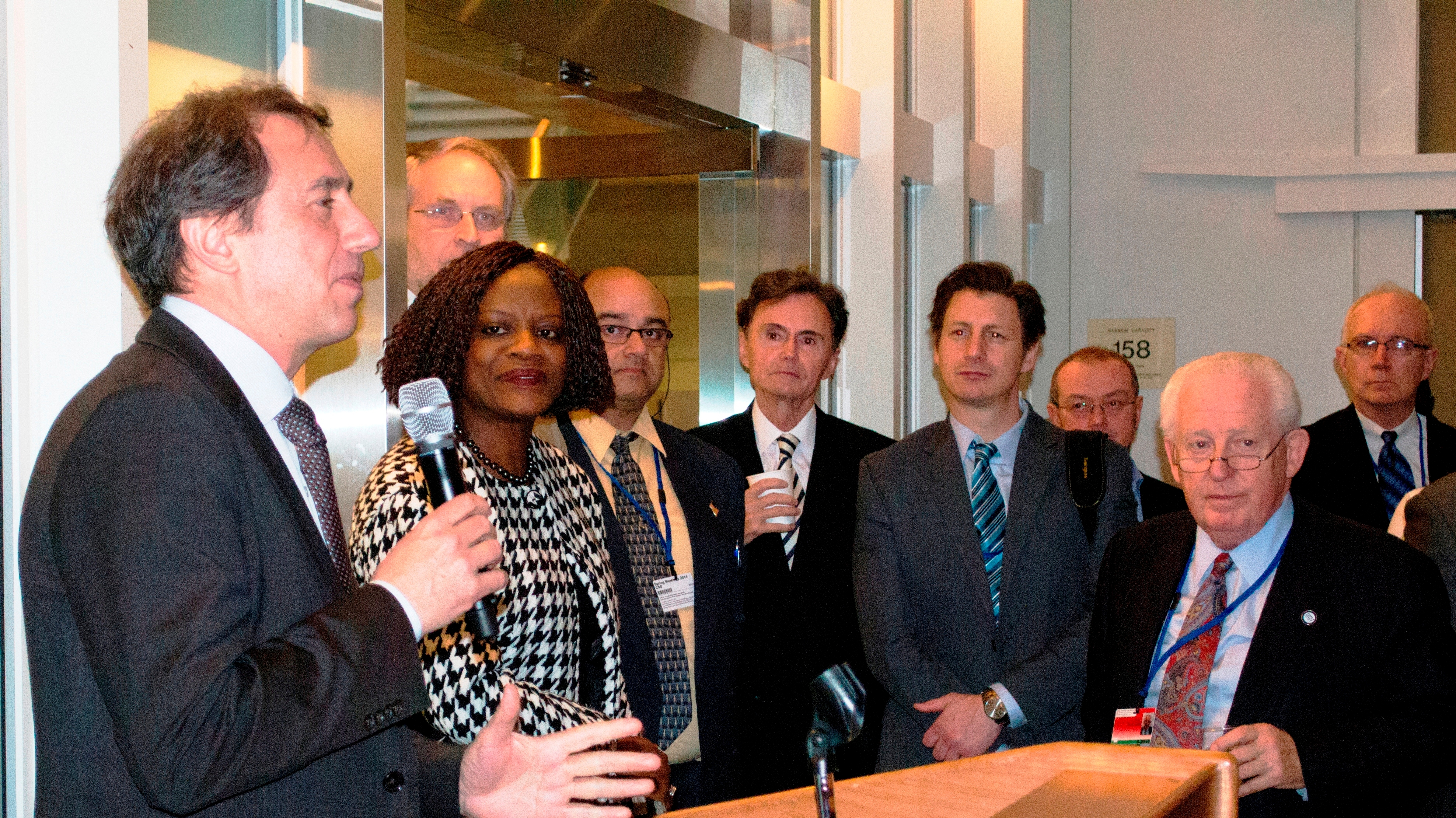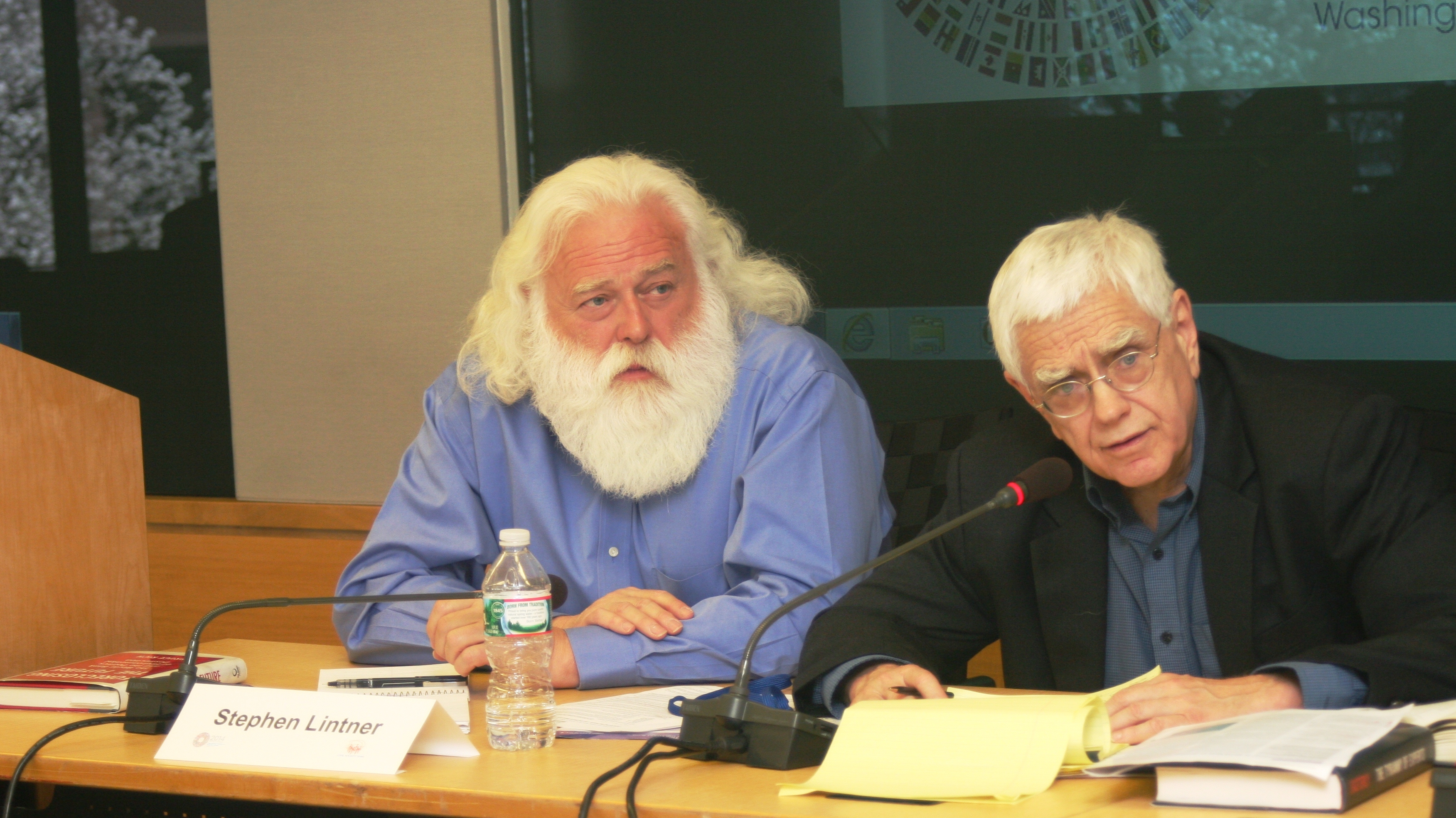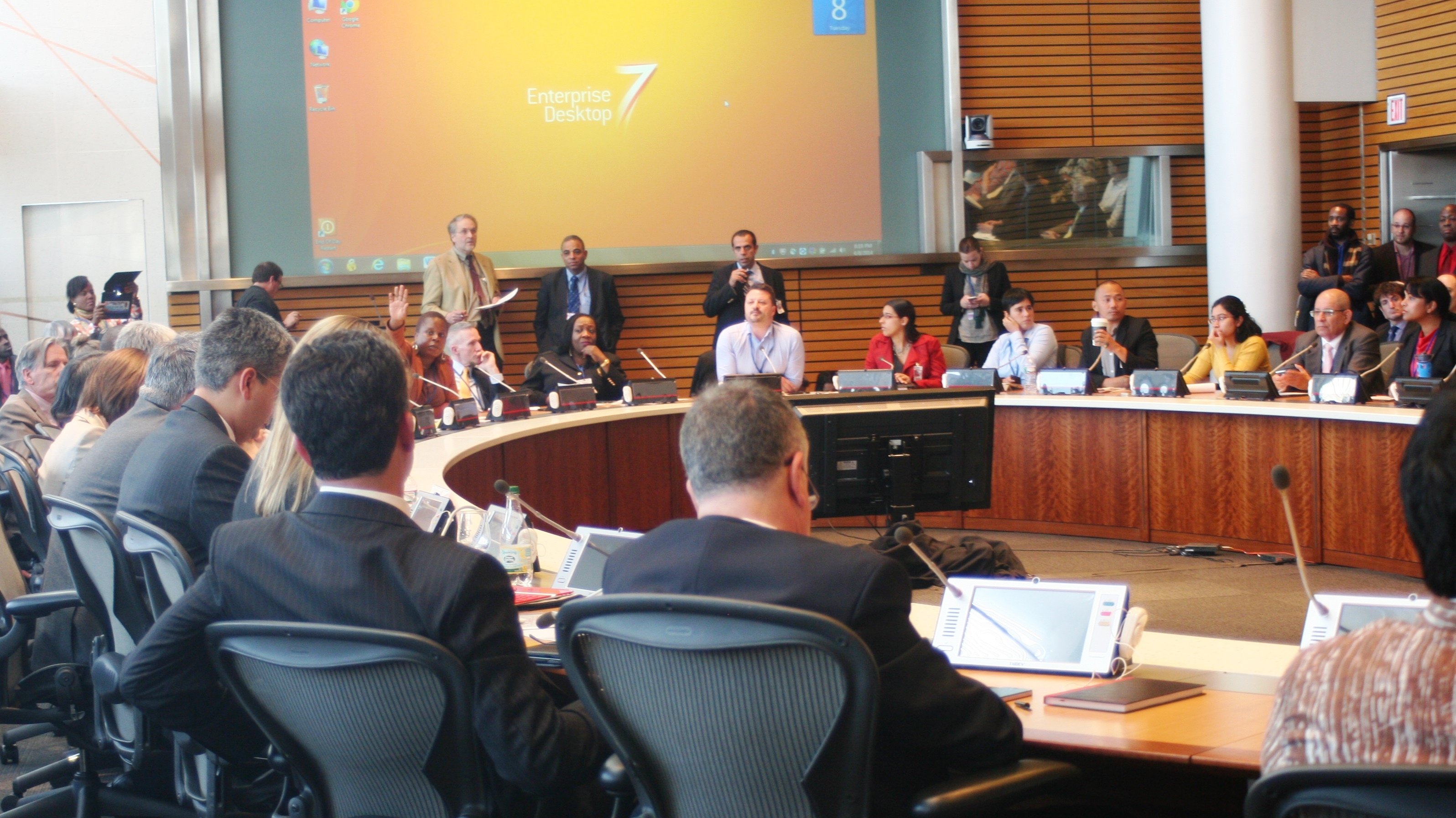Over 700 CSO representatives from more than 65 countries participated in the Civil Society Program during the 2014 Spring Meetings. The Program, which spanned a week from April 7 – 12, featured orientation sessions on the WBG and IMF, a CSO Roundtable with Executive Directors, and a CSO Reception. The highlight, however, was the Civil Society Policy Forum which comprised 65 policy dialogue sessions (see schedule) held on a wide range of topics. In addition, a total of 21 CSO and Youth Leaders from developing countries were sponsored by the IMF to participate (see list).
The majority of sessions held at the Civil Society Program was organized by CSOs and included sessions on energy policy, debt relief, gender equality, and youth jobs. World Bank units organized some 17 sessions and held important briefings and/or consultations on the safeguards review, new citizen’s engagement strategy, Program for Results, and WDR 15 on mind and culture among others. We also welcomed new attendees from foundations, faith-based community, and African Diaspora CSOs which helped widen the breadth of development topics covered.
The Civil Society Program, which was established in 2004 and has steadily increased over time, has also become an effective space for CSO representatives to engage WBG Staff and Executive Directors around important and often contentious policy issues. This year for instance, there were frank and thoughtful sessions on the: pros and cons of large hydroelectric dams; impact of several IFC investments (Dinant and Tata Mundra); and inclusion of sexual minorities. These issues also came up during the CSO Roundtable which brought together 12 Executive Directors or Alternates and some 120 CSO representatives for a lively and constructive discussion.
In addition to the Forum, CSO representatives had the opportunity to participate in formal Spring Meeting events such as “Talking About a Data Revolution” and “#EndPoverty 2030: Millennials Take on the Challenge”. High level meetings between CSOs and senior Bank staff were also organized. President Kim hosted a groundbreaking meeting with 15 LGBT leaders from developing countries to listen to the leaders’ experiences and concerns about discrimination in the development process due to sexual orientation (see press release). African CSO representatives met with Makhtar Diop, World Bank Vice President for the Africa Region, who told CSOs that “Civil society and media are an essential part of the transformation taking place in Africa” (see story).



